For many meeting planners, budgeting for a meeting can be an overwhelming experience. Your budget is an estimate of anticipated income and expenses for your meeting and provides financial control and accountability. It is important to document how and why you arrived at all the figures.
1. Do a Needs Assessment
Begin with a needs assessment by getting the necessary information from your client or boss. Ascertain the meeting objectives, program, dates and days of the week including flexibility, the budget, decision maker, the preferred facility and any political implications such as union issues.
2. Develop a Profile of the Attendees
Who will develop a list of prospective participants? You will need to determine the level of the attendees, the percentage of males and females, age range, income level, geographic location, and special needs such as physical and dietary requirements.
3. Review the Meeting History
Analyze the difference between projected and actual figures from the previous year’s budget, differentiating between fixed and variable costs, and meals guaranteed vs. meals served. Determine in what areas expenses could be slashed.
I would love to hear your thoughts on preparing your meeting budget.


0 Comments